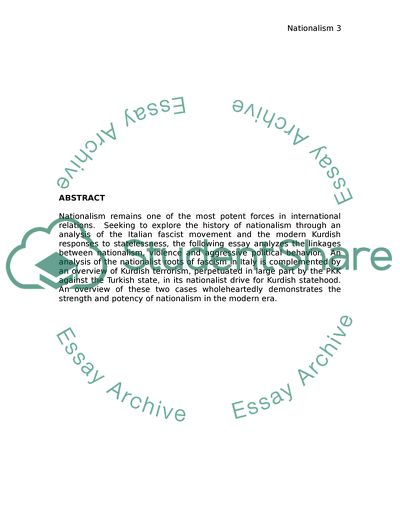Cite this document
(A Basic Principle of the International Order Nationalism: Nationalism Research Paper, n.d.)
A Basic Principle of the International Order Nationalism: Nationalism Research Paper. Retrieved from https://studentshare.org/politics/1720690-nationalism-in-international-relations
A Basic Principle of the International Order Nationalism: Nationalism Research Paper. Retrieved from https://studentshare.org/politics/1720690-nationalism-in-international-relations
(A Basic Principle of the International Order Nationalism: Nationalism Research Paper)
A Basic Principle of the International Order Nationalism: Nationalism Research Paper. https://studentshare.org/politics/1720690-nationalism-in-international-relations.
A Basic Principle of the International Order Nationalism: Nationalism Research Paper. https://studentshare.org/politics/1720690-nationalism-in-international-relations.
“A Basic Principle of the International Order Nationalism: Nationalism Research Paper”, n.d. https://studentshare.org/politics/1720690-nationalism-in-international-relations.


